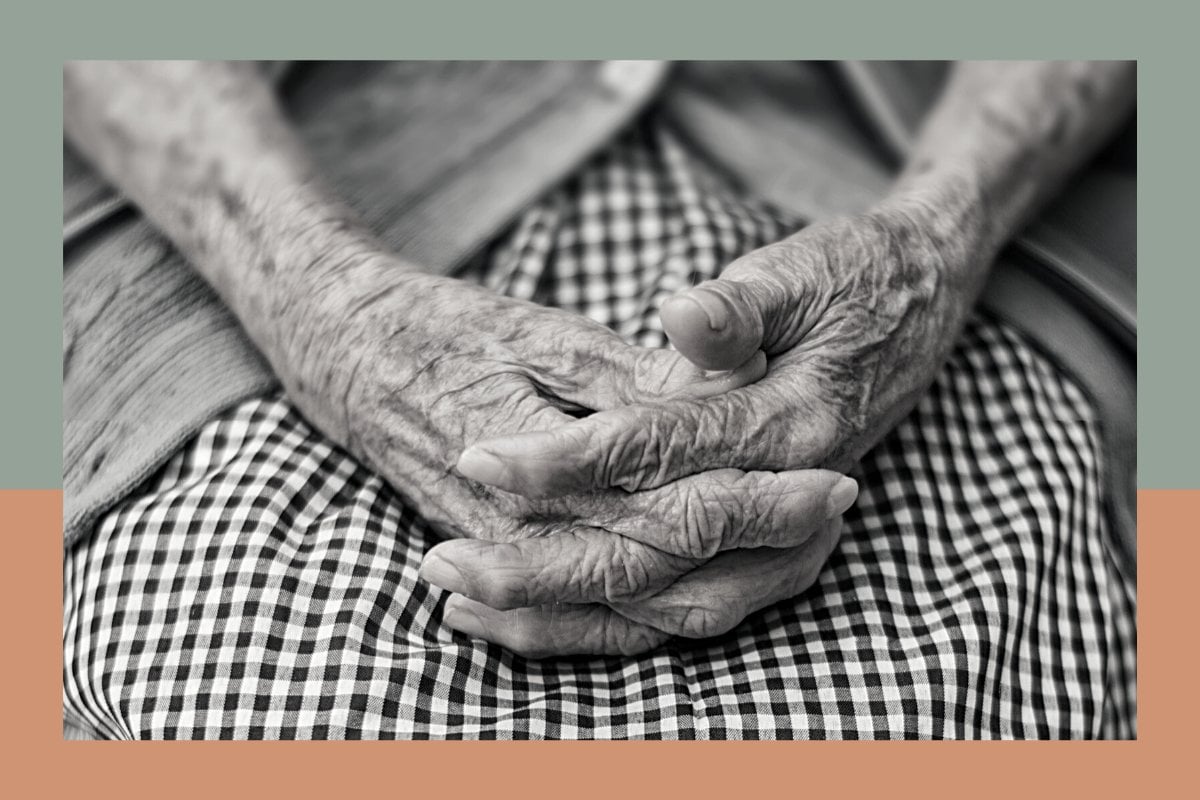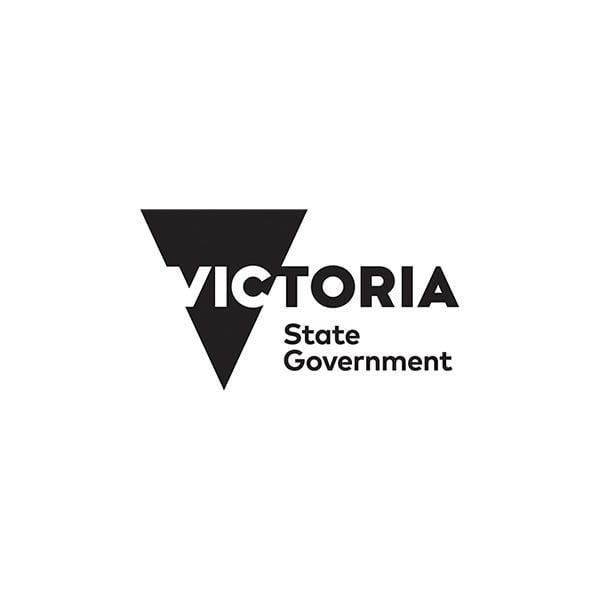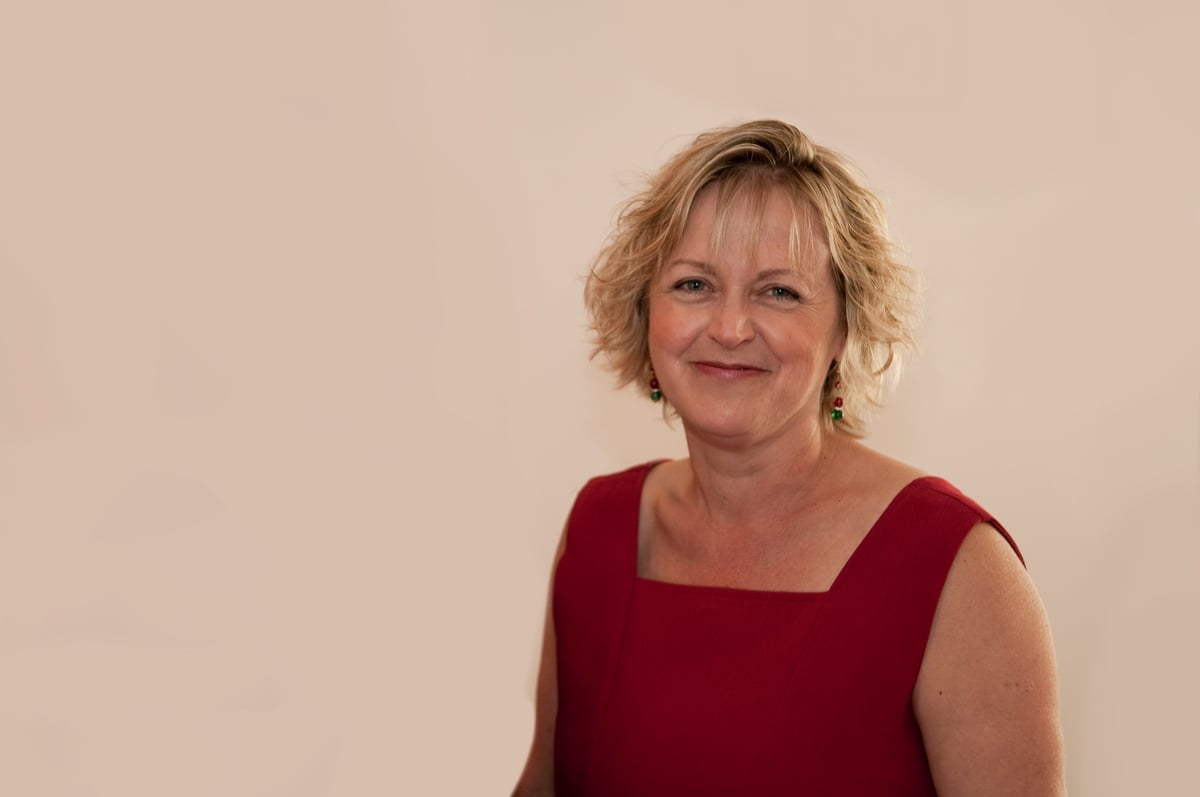

Being someone that's witnessed some of my dearest loved ones navigate the way forward with life-limiting illness, and end-of-life care, I can understand why Victoria’s new free specialist palliative care resource, Palliative Care Advice Service (PCAS), is so profoundly important.
Just last year I witnessed my Aunty Rosemary die from cancer barely 12 months after her diagnosis.
In the last three days of my Aunt’s life, she lay unconscious; I sat next to her bed alongside her husband, my uncle Eric.
We chatted to Rosemary, to each other, we took turns in holding her hand, in stroking her hair, in ensuring that anytime she made a whimper of pain that we informed the nurses so that they could provide more relief and she could be as comfortable, pain-free and peaceful as possible.
The months leading up to this though were not as peaceful or pain-free, not for her, nor for those who cared for her and loved her.
Rosemary transformed from a fit and healthy woman in her fifties who walked six kilometres every day and worked full-time, to using a walking stick or a walking frame for even the shortest of distances, often not even able to walk at all.





























































































